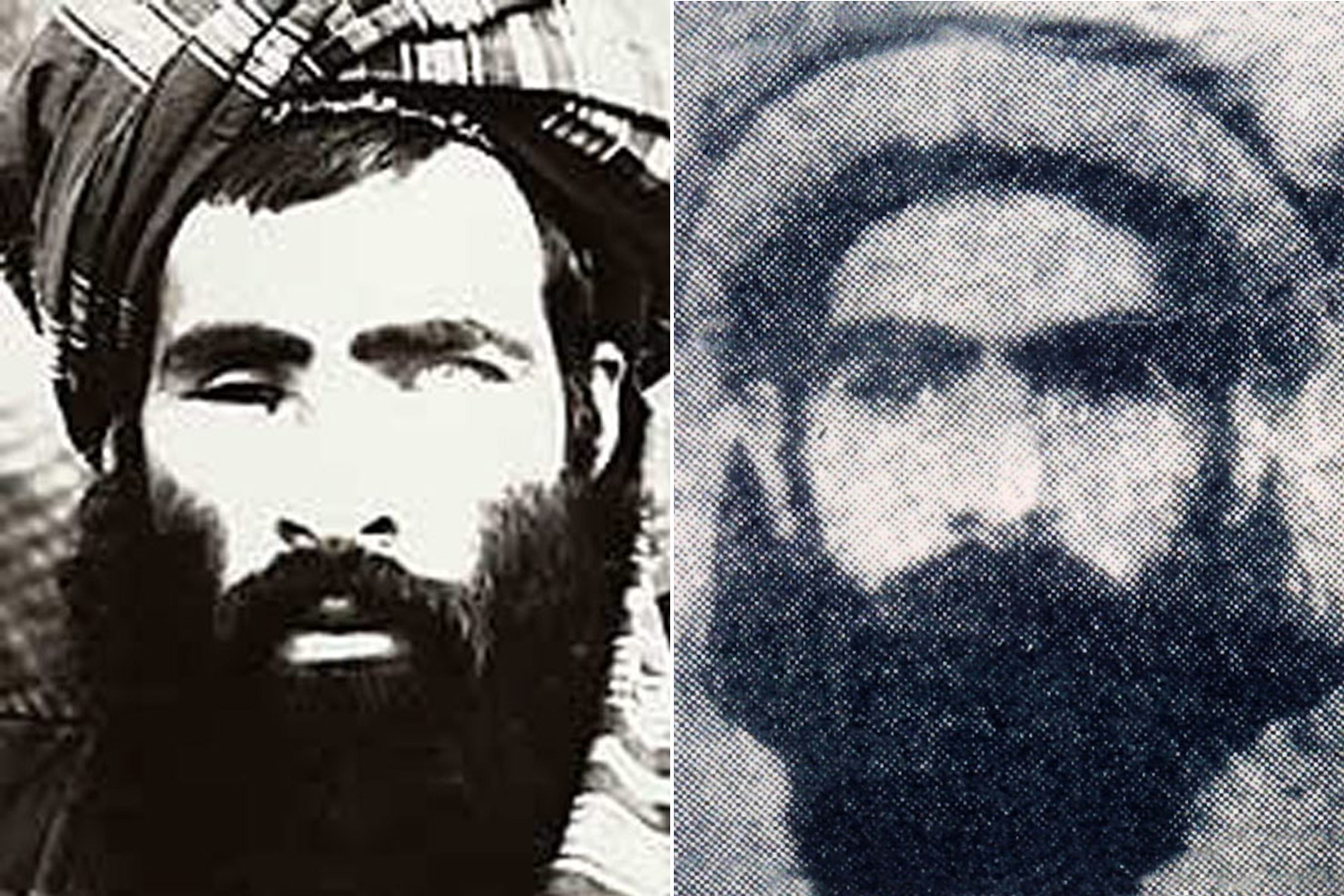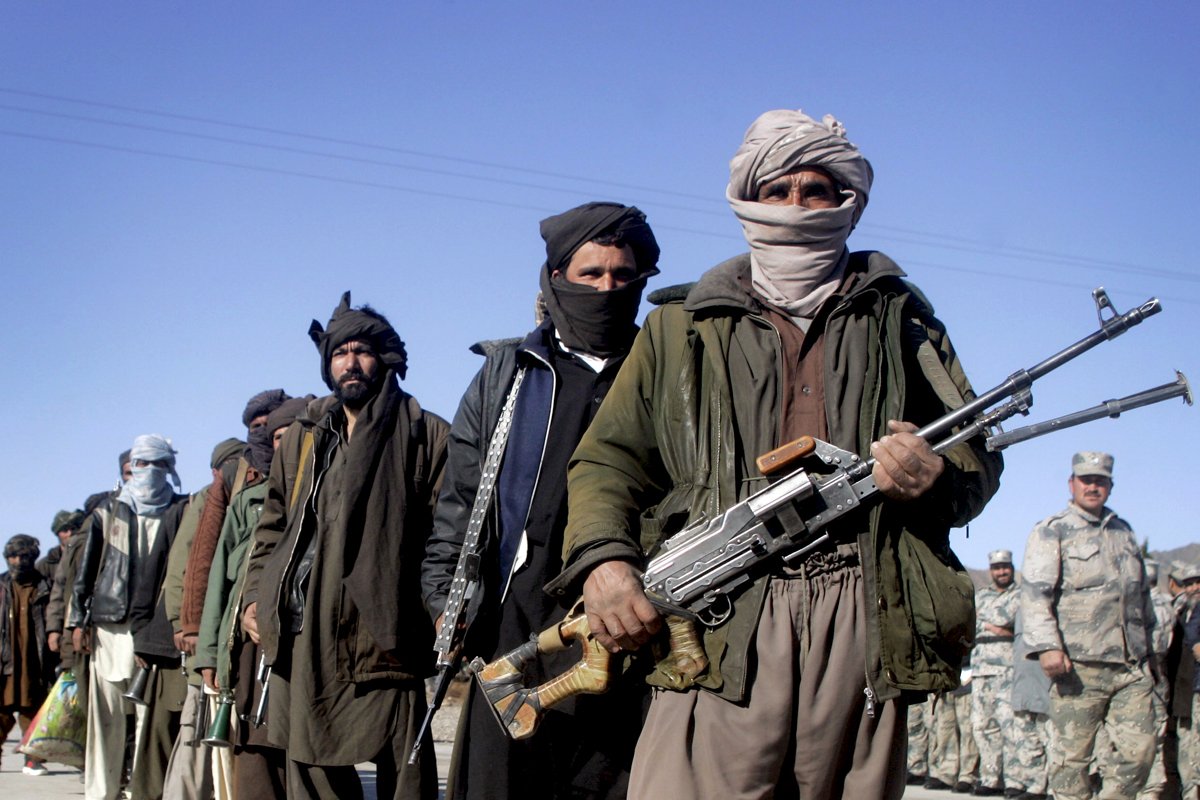KABUL—Mullah Mohammad Omar, the spiritual leader of the Taliban, is dead, according to three Afghan officials and two people close to the Taliban.
His death, if confirmed, raises questions about who will lead the movement that allied with al Qaeda, fought a war with the U.S. and is now divided over whether to pursue an elusive peace deal with Afghanistan’s new government.
A Taliban spokesman wasn’t immediately reachable for comment on Wednesday, and it remains unclear when and how Mullah Omar apparently died. Voice of America reported that a Taliban spokesman had denied his death.

According to Afghan officials and people close to the Taliban, he has been dead for at least two years. An Afghan official briefed on the matter said the Pakistani government told Kabul he had died two years ago. A Taliban splinter group, the Fidai Mahaz, in a statement earlier this month also claimed Mullah Omar has been dead for two years.
Sayed Zafar Hashimi, a spokesman for Afghan President Ashraf Ghani, told reporters the government is aware of reports of the death but added he couldn’t comment further. A Pakistani Ministry of Foreign Affairs spokesman said it was trying to get details.
Mullah Omar hasn’t been seen publicly since the early months of the U.S.-led invasion of 2001, leading to speculation he had died. The Taliban has repeatedly sought to quash that by issuing statements in his name.
The movement is deeply divided over whether to pursue peace talks with the Afghan government with the aim of ending the 14-year war. A second round of talks between Taliban members and Afghan officials that was supposed to take place later this week have likely been postponed, Afghan officials said.
The timing of the announcement appears aimed at bridging the Taliban’s divisions, according to a person briefed by its leadership.
“It is being publicized because of divisions within the movement. The family decided to disclose it to keep the movement united,” this person said. “They will now choose a new Amir, a leader who will be acceptable.”
Mullah Omar was known by his followers as the Amir ul Momineen—the “commander of the faithful”—a title that will likely pass on to his successor in what would be the first leadership change in the Taliban’s history.
Possible successors include Mullah Mansour, the current deputy, and Mullah Omar’s son Mohammad Yacoub, who has recently taken on a more prominent role in the movement, this person said.
A new leader would be hard pressed to keep the movement united. Some analysts warned Mullah Omar’s death would presage the Taliban’s violent splintering, possibly opening the way for Islamic State to gain greater ground in Afghanistan, where it only has a foothold so far, and even in Pakistan, where most militant groups, including al Qaeda and the Pakistani Taliban, pay homage to Mullah Omar as their spiritual leader.
(via Wall Street Journal)







